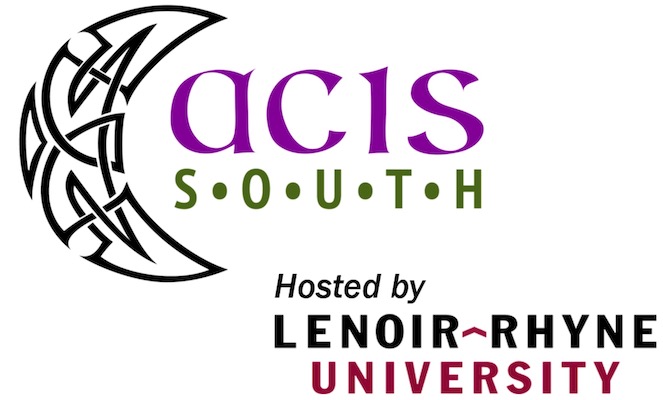Richard Rankin Russell
Baylor University
Caelan Elliott
Baylor University
Caelan Elliott is a student at Baylor University studying Irish literature under Richard Russell. She works as a research assistant to the Dean of the Honors College and is an editor for The Pulse, Baylor’s undergraduate research journal, and the Arts and Culture section of the Standard, Baylor’s independent news publication
Harrison Otis
Baylor University
Harrison Otis is a third-year PhD student and Presidential Scholar at Baylor University, interested in representations of order and disorder in 20th-century British literature. He also works as a Graduate Assistant Director of Baylor’s University Writing Center.
Kelly Chittenden
Baylor University
Kelly Chittenden is a second-year English PhD student at Baylor University. She hopes to specialize in 20th century literature and theology, focusing on connections between Biblical and modern perceptions of medicine and healing. She also serves as a Teacher of Record for Baylor’s First Year Writing Program. She graduated summa cum laude from Westmont College, where she majored in English and minored in Philosophy. While at Westmont, she served as the Editor-in-Chief of the Phoenix (Westmont’s literature, art, and music publication), President of the English and Philosophy honor societies, and Captain of the Women’s Cross-Country Team. She lives with her husband, Jacob, in Waco.
“‘All that’s Hollow’: Modern Wastelands in Eliot’s ‘The Hollow Men’ and Beckett’s Endgame”
This presentation examines Samuel Beckett’s Endgame in conversation with T.S. Eliot’s “The Hollow Men.” Though few critics study the relationship between the works of Beckett and Eliot, Eliot’s style, methods, and language can be discerned throughout Beckett’s work. In Endgame and “The Hollow Men,” these similarities become apparent. The play and the poem both call attention to the emptiness and desolation of modern existence, depicting barren landscapes and characters in states of physical and moral paralysis. Both works incorporate game-rituals and parody religious rites. Endgame also seems to include direct allusions to “The Hollow Men.” While the poem and the play do differ in their religious frameworks, my goal in this presentation is to illustrate the various points of resemblance between the two works. I hope to add to the conversation about Eliot’s influence on Beckett and hopefully foster a more nuanced understanding of both works. For despite their differences, Beckett and Eliot convey similar—and significant—insights into the emptiness and stagnancy of their modern societies.
